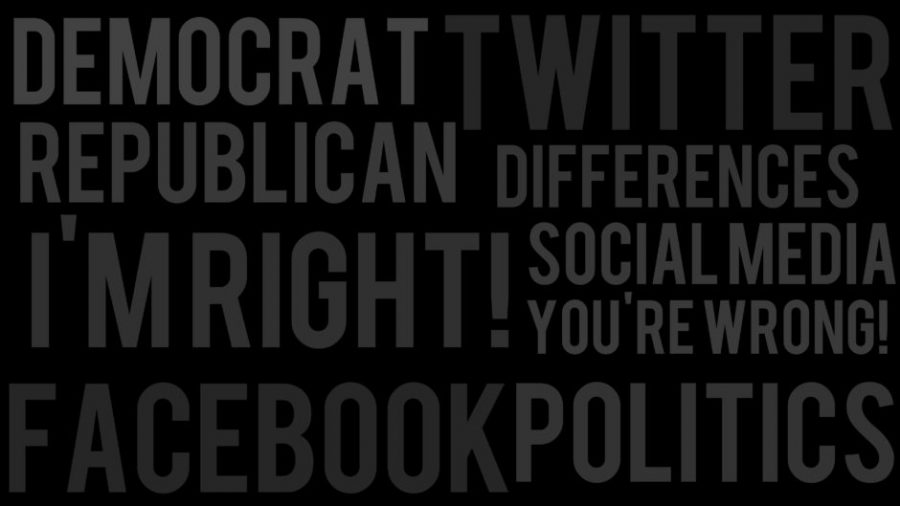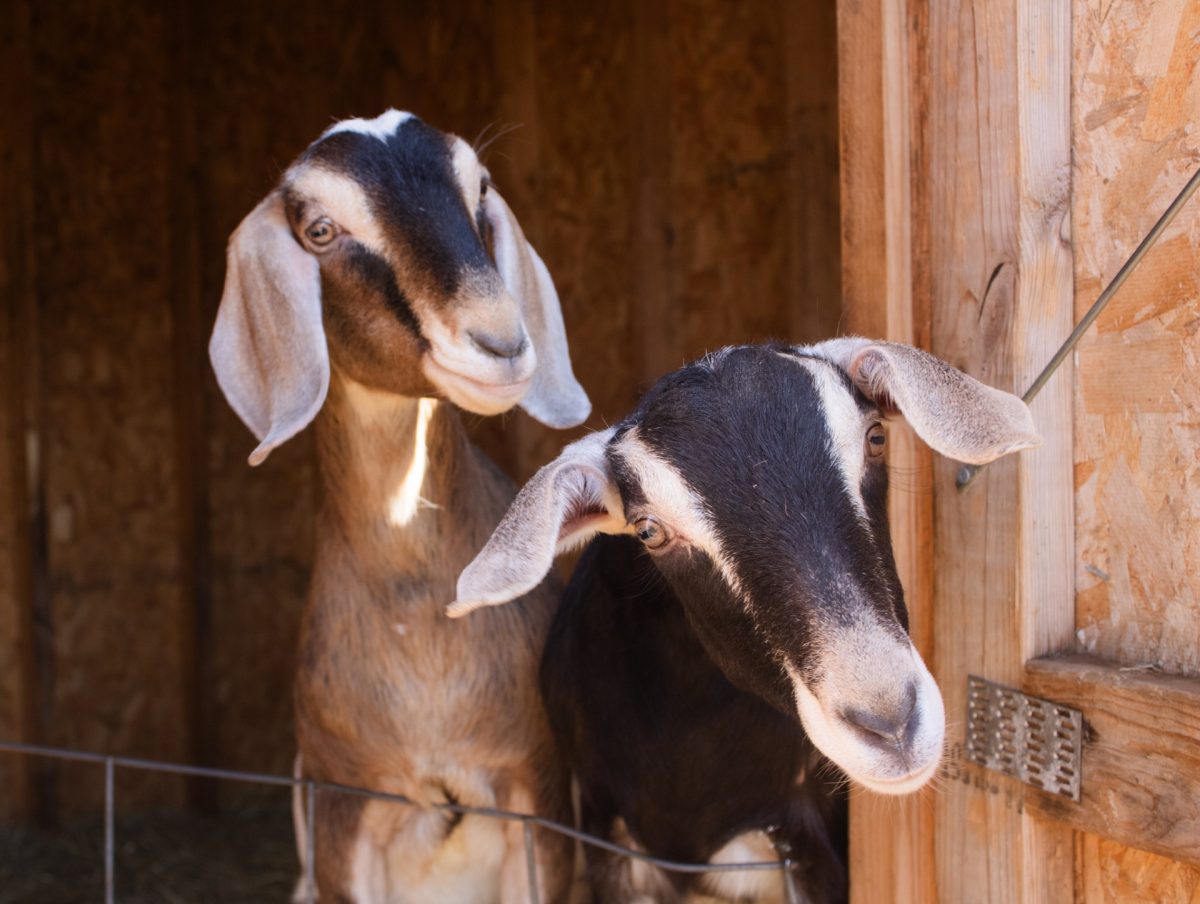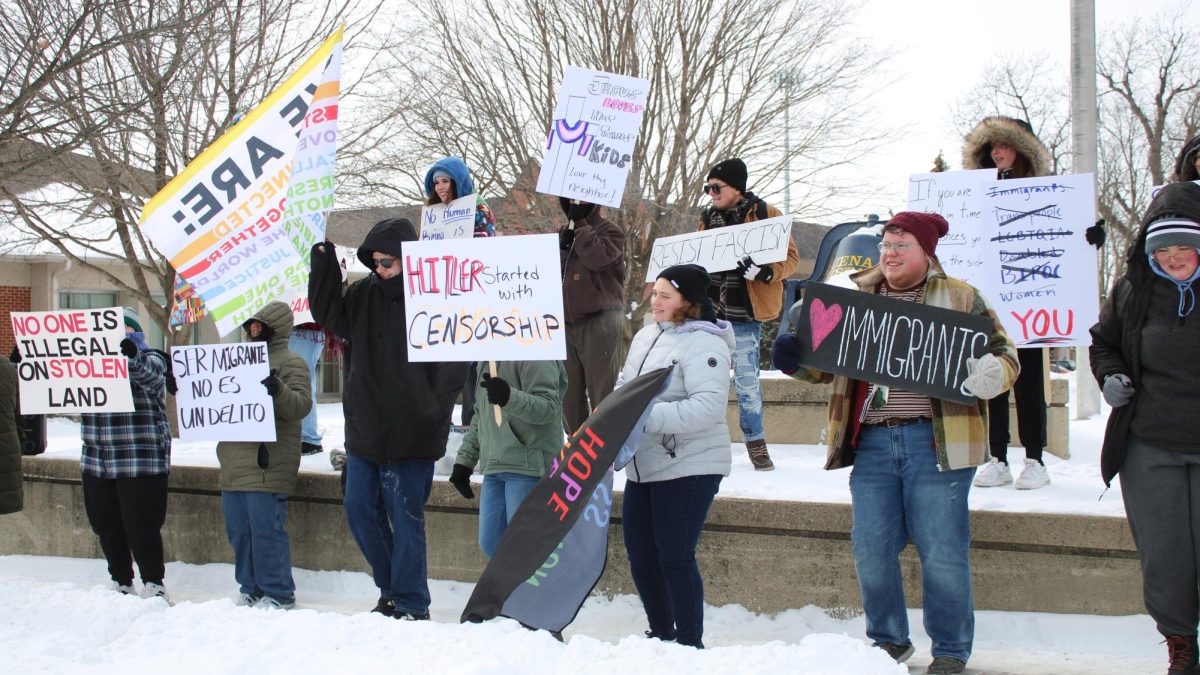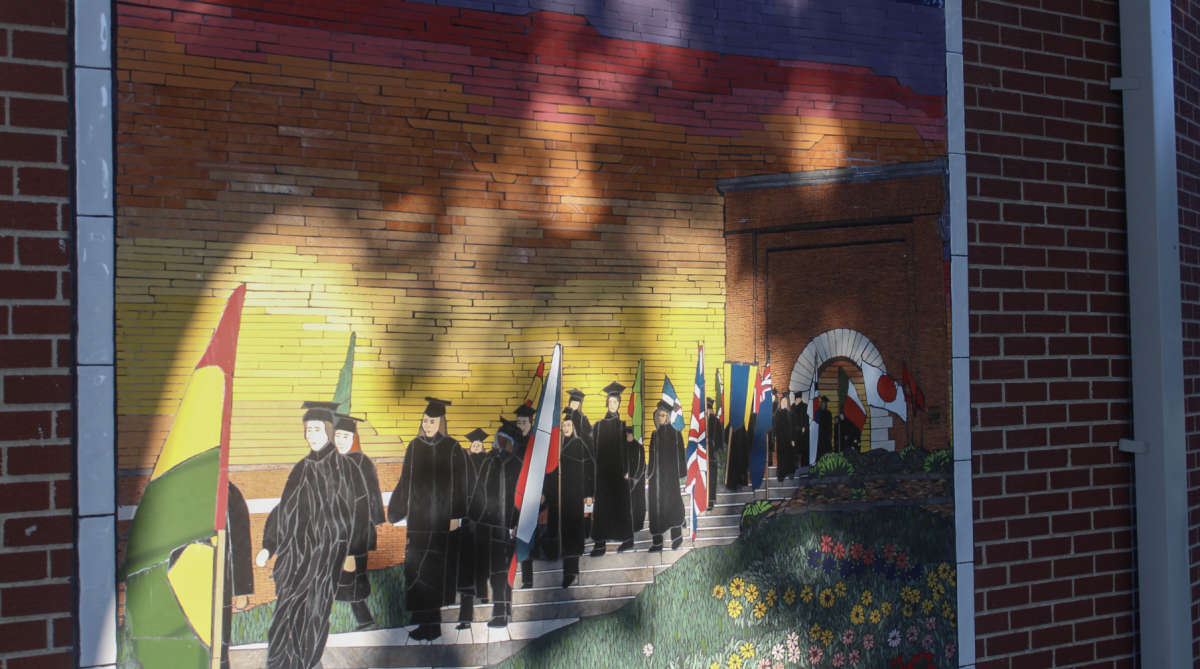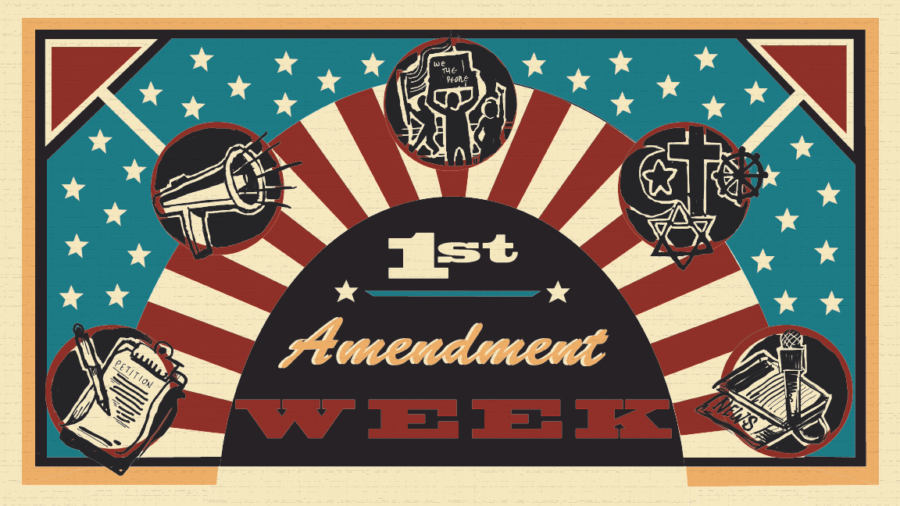Olivia Wieseler | Assistant Opinion Editor
It’s Throwback Thursday so watch our bottle flipping posts and don’t forget to keep your Snapchat streak alive. You could send a selfie of you and your “bf” dabbing because you’re so #blessed to have him. Maybe you could make a meme out of that!
Social media has created a lot of popular trends in today’s pop culture. Because social media allows you to connect instantly with others across the globe, trends are easily set, shared, and practiced all over the country and around the world. However, not all trends are light-hearted, “cool,” and fun. One of the most popular trends across all social media platforms is the political controversy surrounding President Donald Trump and America’s reaction to it.
There is so much hatred and division among Americans, and it permeates throughout social media. People follow accounts they hate on Twitter just to start a “Twitter war” with them. Headlines across Snapchat articles read “Trump” did this and “Trump” did that. People have even threatened their family and friends to “unfriend” them on Facebook because they do not agree with their political beliefs. Social media might bring great connections, but currently, it has generated nasty feuds about politics among family, friends, acquaintances, and complete strangers. Is there anything we can do about it? Should we ban political conversations from social media altogether? Is there a better solution?
While the obvious answer would seem to be banning political conversation, there are several reasons why that is not the best option. The major reason being it would be an infringement on our rights to free speech granted by the First Amendment. This violation would only cause more commotion, more protesting, and ultimately, more hatred. It would not be solving the problem but, instead, making it worse. People deserve the right to say what they want however they want. That is what makes our country diverse.
Being able to freely voice one’s opinions is what makes any group of people successful. Taking away the freedom to express oneself is just like making everyone conform to one belief and one way of life, which allows zero room for growth and the expansion of thoughts and ideas. This goes for the people of the United States as well. We cannot ban our personal opinions from social media. In reality, the creation of social media is due to the want of a better way to freely express our thoughts and opinions with more people without having to go through “gatekeepers” who decide if our words are worthwhile.
Banning political conversation from social media platforms is definitely not the answer, but then, what is? How do we stop this spreading of division and hate? How can we tame the beast of politics? How do we turn social media back into the entertainment it was from the war it is now? The best answer I can come up with is to take a look at ourselves and ask if this is really who we want to be. Do we really want to be the people who fight over the Internet, who scream at people we don’t know online by using all caps? Do we really want to spend our time sitting on our devices, posting hateful comments about others’ beliefs without trying to understand why they think the way they think? Social media may have allowed us to connect with more people across farther distances, but it has also negatively influenced the way we treat each other. Because of the quickness of posting a comment, picture, or video to social media and the somewhat anonymous way it happens, we have the impulse to say our first thoughts about a post right away, leaving no time or room to try to understand it or the person who posted it. This puts people on the defensive: instead of trying to explain their thoughts and reasons, they attack right back.
This is why we need to take a step back and look at who we are on social media. I don’t think the problem is politics; I think the problem is us. We get so caught up in our feelings that we post it all over the Internet for the world to see. Unfortunately, not everyone has the same feelings, the same opinions, the same thoughts, attitudes, and emotions. There will be clashes between different people with different ideas. But it is that very reason that makes human beings so unique: we are all different. We have just forgotten how to respect that. Politics are just one nasty example of it.
I understand that many people are upset about our nation’s politics right now. But there are also many people who are happy with it. And there are still many others who believe in some parts of it and not others. I invite you that next time you are on social media and see a political post you don’t agree with, instead of preparing to lash out a defensive attack, think about where that person is coming from, why they believe what they believe, and respect it. Everyone is entitled to their opinions, but that doesn’t mean we should disrespect and belittle those opinions we disagree with. If we want this political civil war to end on social media, then we have to be the ones to make it stop. It all starts with us. You can either continue your ranting or try your best to understand and respect others’ opinions. Who do you want to be on the Internet?
Graphic by Dee Friesen



